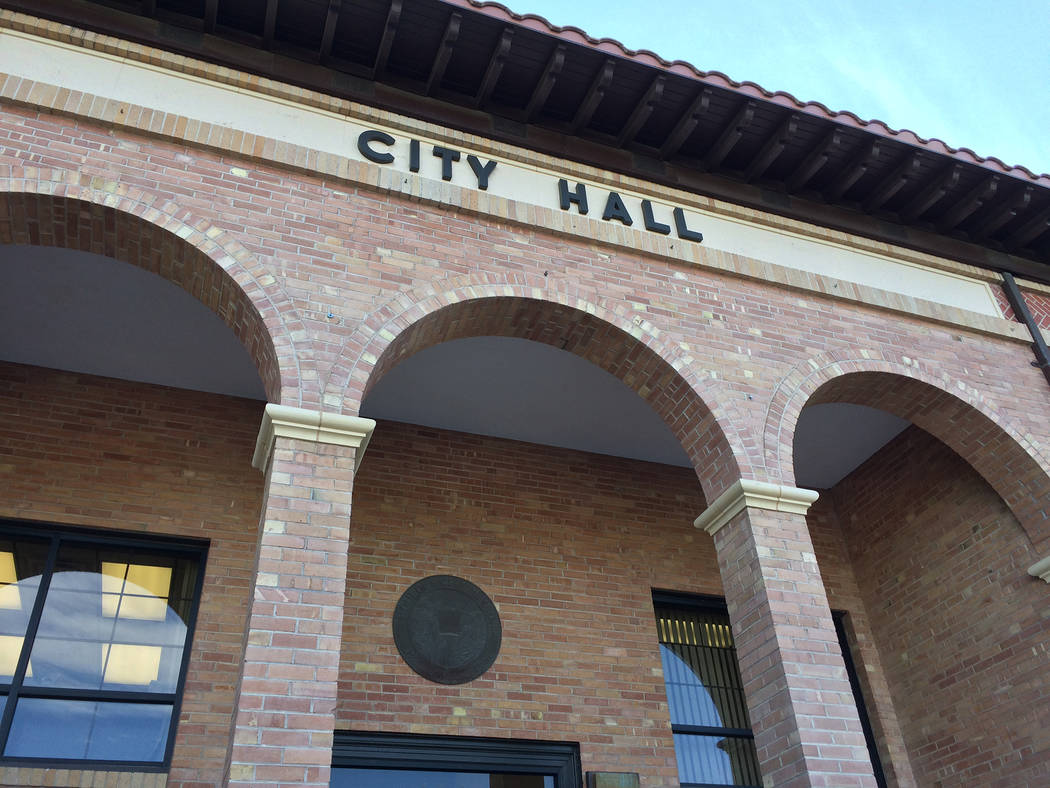City approves purchase of new meters to track electricity use
The City Council approved purchasing new electrical meters and parts at its meeting on Tuesday.
The $500,000 purchase was part of an amendment to the 2017 fiscal year budget, which also included a revenue increase of the same amount from the utility fund. The installation of the meters will take place in the 2018 fiscal year, but the materials will be purchased and ready for installation this fall.
During the meeting, there was some confusion as to what type of meters were being installed and how they would calculate the electricity used.
“These are not smart meters we’re putting in,” said Rory Dwyer, electric utility administrator, on Tuesday evening. “Pardon me for referring to them as that. A smart meter is slang for for AMI type meter which reads a customer’s energy continuously (in) real time, and the utility office is always connected to the meter.”
“We are using AMR type meters, which are read once a month … the only difference is instead of being read by a meter reader going up and facing the meter is that he reads it from a handheld device on the sidewalk,” he said.
Residents and council members had some questions and concerns about the new meters, particularly with health risks.
Councilman Duncan McCoy said he had talked with someone who was afraid of smart meters because he said emitted radiation and were dangerous and would kill people and he did not want them installed. He asked for some clarification about the meters because it seemed like there were some people who needed to be soothed.
Dwyer said smart meters do not cause human disease, and there were no health risks associated with them.
“The frequency of the radiation is less than ionizing radiation, which means it can’t knock electrons off the atoms of your body and cause cancer,” he said of the new ones to be installed. “The radiation would be limited … if it were intense enough to cause a heating effect … like an infrared sauna.”
Other residents wanted to know if they could opt out of having new electric meter installed.
According to Dwyer, there will be a dual monthly service charge for meters starting July 1, 2018. Residents with the new meters will be charged $10 a month, but if a resident chooses to have an old analog meter, the monthly service charge will be $25 a month.
According to Finance Director Hyun Kim, the soonest they’d see the new meters would be the week of July 24, but it would most likely be Aug. 9.
Contact reporter Celia Shortt Goodyear at cgoodyear@bouldercityreview.com or at 702-586-9401. Follow her on Twitter @csgoodyear.















